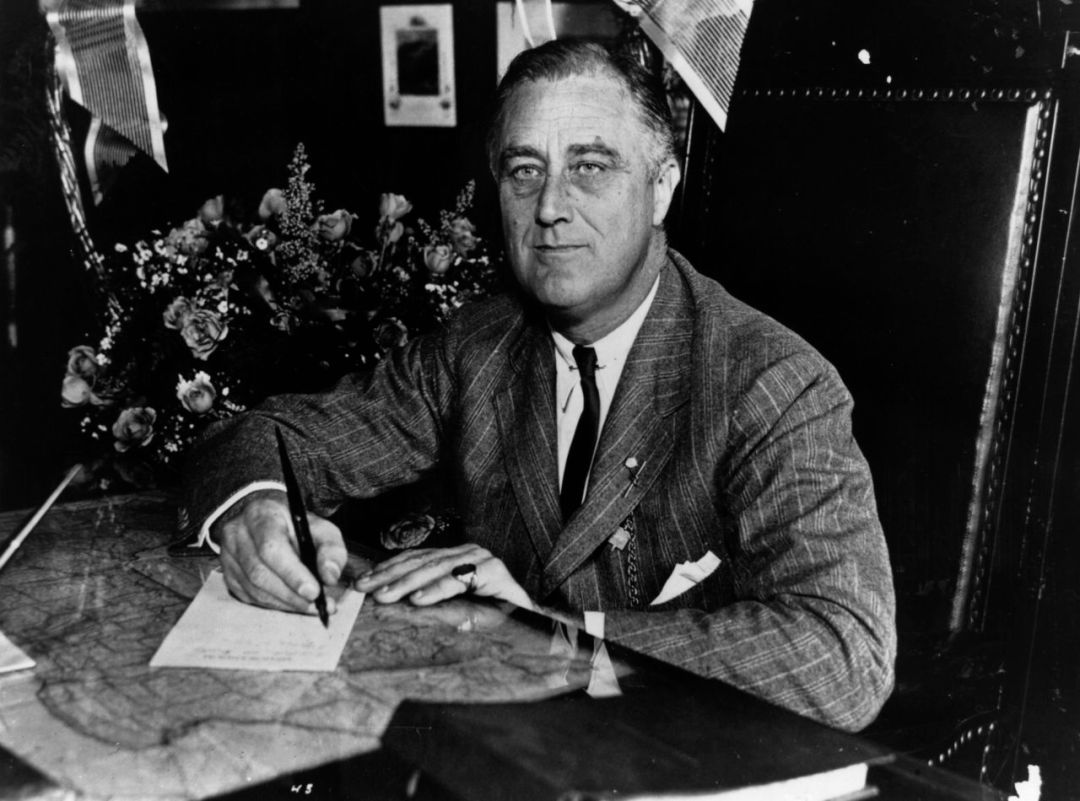HAPPY JULY 4TH and Don’t Forget JANUARY 6th

The fourth day of July each year for the last 241 years has been the day of the year set aside for celebrating the signing of the American Declaration of Independence (not to worry that it was really signed two day earlier). The document is a bold statement of defiance against the English Empire and a truly astonishing (for its times) statement of rights for a new nation and its people, Americans.
The words in the document that seem the most compelling to us today include the statement of rights.
“We hold these truths to be self-evident, that all men are created equal, that they are endowe3d by their Creator with certain unalienable Rights, that among these are Life, Liberty, and the pursuit of Happiness ― That to secure these rights, Governments are instituted among Men, deriving their just powers from the consent of the governed.”
In its day and age, this was incredibly forward thinking. Consent, liberty, and happiness were not words, in this era, associated with government, except in philosophical tracts. But, here in black and white were those term linked directly to the development of a new nation with a new form of operating government.
We all know that the Constitution that followed the Declaration lacked much of the high-mindedness of the Declaration. We certainly know that the governments formed under that Constitution often completely ignored the text and intent of the Declaration, especially the idea that those rights extended to women, people of color, or dissenters.
I like the celebration of July 4th as a symbol of my nation’s beginning. But, if I were to choose a holiday that I preferred, it would be January 6th. My personal feeling is that we would now be better served by celebrating January 6th as the day that freedom for the modern era rang its own Liberty Bell.
That was the day that President Franklin Delano Roosevelt, in 1941 (just a few months after America’s entry into WWII) gave his most famous State of the Union address to Congress. In that address, life, liberty, and the pursuit of happiness were complemented (if not supplanted) with “the four freedoms.”
“In the future days, which we seek to make secure, we look forward to a world founded upon four essential human freedoms.
The first is freedom of speech and expression—everywhere in the world.
The second is freedom of every person to worship God in his own way—everywhere in the world.
The third is freedom from want—which, translated into world terms, means economic understandings which will secure to every nation a healthy peacetime life for its inhabitants—everywhere in the world.
The fourth is freedom from fear—which, translated into world terms, means a world-wide reduction of armaments to such a point and in such a thorough fashion that no nation will be in a position to commit an act of physical aggression against any neighbor—anywhere in the world.
All these freedoms were aimed at the entire world. I have narrowed my own perspective on these freedoms to hope that we can, at the least, try to apply them to our own nation. While we have spent some reasonable time fumbling with the meaning of those first two freedoms, we seem to have never really accepted the latter two.
In domestic policy terms, I think that freedom from want and freedom from fear are intertwined. Roosevelt’s New Deal and Johnson Great Society were programmatic attempts in America to meet the goal of freedom from, at the least, extreme or perilous wants. Adequate income, the availability of health care, and the opportunity for gainful employment were at the heart of these two visions of a better America.
Also, for many vulnerable populations in our society, these programs aimed at “want” also attacked the terrible fear among many in our nation that our society would abandon its vulnerable to the harsh fate of Adam Smith’s “invisible hand.” For too many people, that metaphorical hand is so often more like an armored fist that hovers above them, pounding downward to crush their hopes and fragile fabric of their lives.
In many ways, the two major parties today have policies that can be summed up easily. Republicans believe that government is something that stands in the way of individual and corporate success. Democrats believe that government stands between its citizens and “the slings and arrows of outrageous fortune” and that its duty is to “take arms against a sea of troubles and by opposing end them.” Shakespeare had Hamlet are talking about his personal troubles and choices, but those phrases, when applied more broadly, tell us about the role of government as seen by progressives.
Today, the members of the Democratic Party are floundering around trying to understand how to “sell” the party to the voters in 2018 and 2020. For my part, I think that they should hark back to January 6, 1941 and embrace the “Four Freedoms” as the core of their efforts.
All of this may sound naïve and too abstract, but it is not a bad time for broader political thinking to dominate tactical thinking in both foreign policy and in domestic politics. If the Democratic Party wants to know what it should stand for, then they have a proud history that points the way. As Roosevelt noted, the idea of the Four Freedoms :
“…. is no vision of a distant millennium. It is a definite basis for a kind of world attainable in our own time and generation…. “

Charles, I think you have an excellent idea for the Democratic Party’s future. Enjoyed your usual well written post. I suggest you send it to the NC head of the party. Couldn’t hurt; might help.
Happy Fourth!
LikeLike
Thanks.
LikeLiked by 1 person